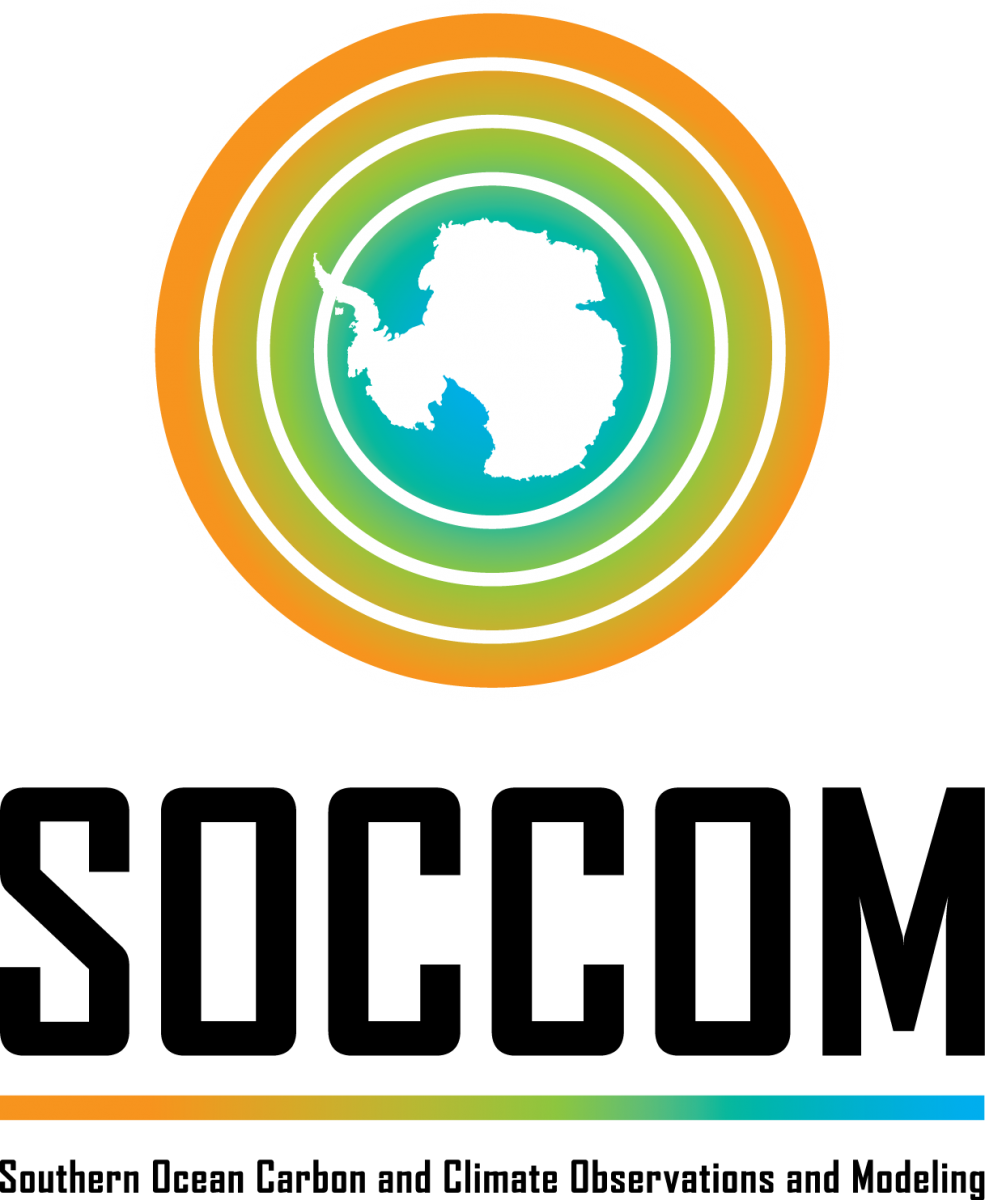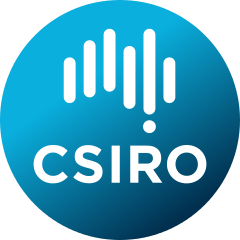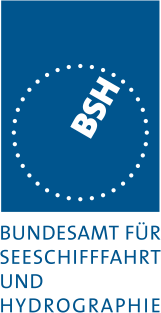The Southern Ocean Argo Regional Centre (SOARC) is an international collaboration of partner institutions with responsibility for rigorous scrutiny of float data quality, deriving Argo data products and helping to coordinate development of the Argo programme in the Southern Ocean
SOARC Partnership
The SOARC Partnership currently includes:
- British Oceanographic Data Centre (BODC), UK
- Commonwealth Scientific & Industrial Research Organisation (CSIRO), Australia
- Bundesamt für Seeschifffahrt und Hydrographie (BSH - Federal Maritime and Hydrographic Agency), Germany
- Southern Ocean Carbon and Climate Observations and Modeling (SOCCOM) project respresented by the Monterrey Bay Aquarium Research Institute (MBARI), Scripps Institute of Oceanography (SIO) and the University of Washington (UW)
- Alfred Wegener Institut (AWI), Germany
The Argo community have defined a set of responsibilities for Argo Regional Centres and to ensure we can fulfil all of these reponsibilities SOARC invites interest from other institutions to contribute their current activities and future endeavours to the SOARC Partnership. If you would to discuss your involvement please contact our coordinating partner, BODC.
Value cycle of Argo Regional Centres activities
Like the other Argo Regional Centres, SOARC has the following set of responsibilities within the Argo data system:
- Provide documention of the procedures being done at the ARC.
- Coordinating Argo float deployments for the region, including information on ships of opportunity and research vessels and guidance on regional float deployment.
- Develop new quality control tests for their region if appropriate. It may be expected that new procedures will be developed to check data quality and can be implemented earlier in the data system.
- Facilitate development of a Reference Data Base for delayed mode quality control. This includes assembling the most recent CTD data in their region.
- Provide delayed mode quality control to national programs in their region without such capabilities.
- Perform regional analysis of all the Argo data in the region to assess its internal consistency as well as its consistency with recent shipboard CTD data.
- Provide feedback to PIs about the results of the regional analysis and possible outliers.
- Prepare and distribute Argo data products on a regular basis. The main data product will be a consistent Argo delayed mode dataset for their region, but other products might include weekly analyses of temperature, salinity and currents calculated from floats. Documentation of these products will also be provided.
- Compare Argo data with model output and with assimilated fields to understand why specific data are rejected by assimilations (e.g. model inconsistencies, systematic data errors).
The lessons learnt from comparing Argo data products and comparison of Argo data with model output should then be fed back into the observing system design to drive future float deployments.
Research Collaborations
In addition to working as a SOARC partnership, SOARC partners work with other institutions engaged in research to develop new analyses, understanding and tools to support the quality control of the Argo data system and use that data to improve understanding of environmental change.
An example of this is a new collaboration between BODC and the University of Bristol in the UK. An initial project is developing code to routinely characterise every Argo float profile in the Southern Ocean according to which zone of the Antarctic Circumpolar Current (ACC) the float is located in. This provides both utility to Argo delayed-mode quality control (DMQC) operators and to researchers examining the gradients in ocean characteristics, known as ‘fronts’, associated with the ACC in both time and space. Progress on this can be found on the resources page.




